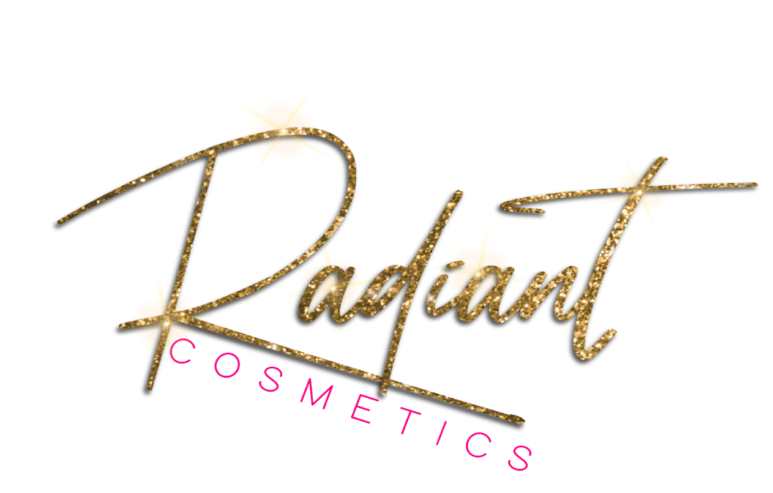These are but a few examples we can talk The leader of the kingdom, Osei Tutu, defeated Denkyira in 1701 and named his area of influence "Asanti." Please refer to the appropriate style manual or other sources if you have any questions. Evidence that the Ga always leave room for reverence and incorporation of other gods is seen in the text of the libation of the wulomei. Since most of their towns scattered along the coast from Lanma (Mt. unoccupied lands began again for the GaDangbe people of Ghana after living in Boma, Bone, Benin and Ife for so I really appreciate it, and I hope youll visit my blog again for more information of the Ga speaking people of Ghana; as well as recommend the blog to others. The Guan people are an ethnic group found almost in all parts of Ghana, including the Krachi people, language-Kaakye people Nkonya tribe, the Gonja, Anum, Larteh, Nawuri and Ntsumburu . There are several ethnic groups in Ghana with unique traditions. Ga includes Ga-Mashie and Ga speakers, who migrated from Akwapim, Anecho in Togo, Akwamu, and the surrounding areas. Transactions of the Historical Society of Ghana New Series, No. I searched the name in Google and found they are descendants of the Ga tribe from Accra Ghana. The Ga Mashie community of the Ashiedu Ktk District of the Greater Accra region is believed to have been established by the Wo Sagba group of the Ga-speaking emigrants that begin to arrived and settled among the lagoon-worshipping Kpshi aborigines in the hinterlands and along the coast, probably at the end of the Seventeenth Century. It is interesting that Queen Dode (Dodi) Akabis name DODI is a Hebrew Name. However, he noted that the natives called themselves Loeiabii (children of Loei). Moses and his brother The Ga language as compared with other spoken words in etymology according to Greenberg (UNESCO, Vol.1, p.304), is classified among the Kwa group of languages found on the African Continent. What can be said without qualms is that the Ga people were not stable, but dynamic and engaged in the very common phenomenon of migration- the Homowo [Passover] festival had its origin in such migration the second divide of belief attributed the unleavened com bread to that of Jewish unleavened flour bread as the ritual food, the red clay painted at the door posts and the way the people eat in hurry during the festival are linked to the traditions of the Jewish Passover feast. But like the said Ewe-Israeli ancestral links, this one too, I have difficulty to accept whole-heartedly in that we know that Israelis cherish their blood bond. Generally, people take life at a relaxed pace. Nevertheless, it is mandatory for any family who wants their deceased to be buried by the church to ensure that their designer knows how to create a bible-shaped coffin. The Ga-Adangbe people have a unique culture with many traditional economic and social benefits, which is still observed to date. Ghana | historical West African empire | Britannica The descendants of the Gonja people were traders and the first residents of Ghana. On that journey, they crossed Ethiopia and moved into Nigeria. My DNA shows I am 7% Nigerian and 12% Ivory Coast Ghana. Oral history traces our ancestry from the old Egypt empire (ie Egypt, Ethiopia, Sudan and the tribes along the Nile [10] Marion Kilson, Kpele Lala: Ga Religious Songs and Symbols, 1971. Every office among the Ga was, and still is, vested in the We, and it is members of the We who decided who should hold office, subject to the approval of elders of the town. The Ga peoples also traded with Dutch, English, Swedes, Danes, French and what Professor Odotei describes as a host of interlopers of all nationalities. Shamanism was their first belief when they worshipped their ancestors and gods. GA STATE AND SOCIETY Confirming the extent of the Guan settlements, Reindorf noted that, the aboriginal race all along the coast and inland were nearly all of the Guan, Kyerepong, L and Ahanta tribes, speaking different dialects of the Ahanta, Obutu, Kyerepong, Late and Kpshi languages. With this loss some of the Ga with their king fled from Accra and founded another state with its capital Glidzi across the Volta in the modern republic of Togo. Fort James was built in 1673 in Accra as a trading port. before moving on to their present home in Ghana. today its part on Angola. After settling in West Africa, Ga and Adangbe were highly influenced by their neighbours. Needful to note also is that Ga women have been traders since the sixteenth century. The Adangbe are found to the east, the Ga groups, to the west of the Accra coastlands. Asere is by far the largest quarter in terms of population and area. The migration route of Ga-Adangbe saw them across Ethiopia and then down to Nigeria. Gas are said to have lived predominantly on the southern parts of the River Nile which is present day Ga-History and The Ga People of Ghana - Studocu What language does the Ga-Adangbe tribe speak? The Ga women also make accessories using beads, gold, and wood and then wear them during these important occasions. Besides, in Ga religious expressions, mpai (libation), otutu (a mound of shrine) etc, are also of Akan origin. There are other celebrations and festivals that these people have to prepare for every year. Ga women are highly skilled in preparing different foods and making beer using various natural items. Although the Ga ethnic groups spearheaded the establishment of these six coastal towns, each has its own system of government and administration as well as social structures and organizations, without control from any central authority as found in other places. While every effort has been made to follow citation style rules, there may be some discrepancies. The Ashanti Tribe. Ga is the derivation of Gaga (soldier ants) which according to Reindorf (1895, p.24) is the names of the big black ants which bites severely and are dangerous to the white ants.
Wbbj Crime Stoppers,
Kendall Regional Medical Center Residency,
Articles O

